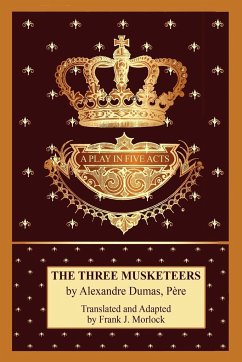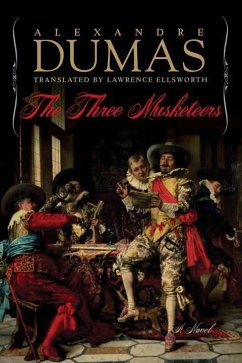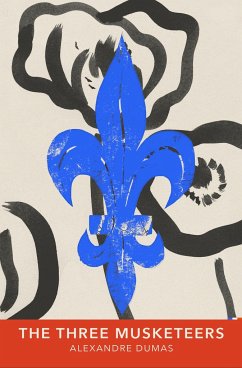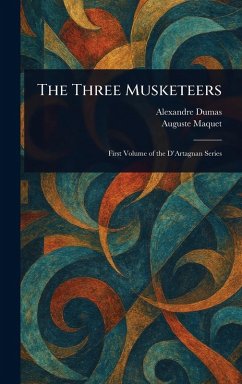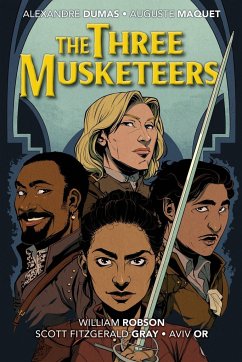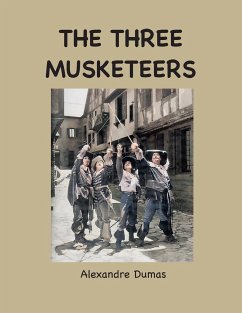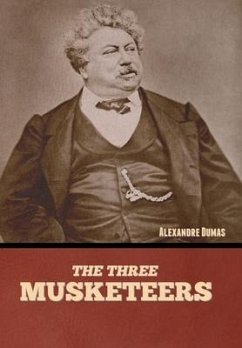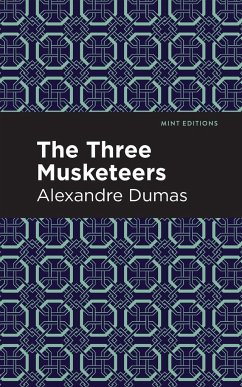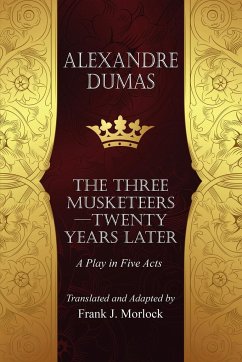
The Musketeers--Twenty Years Later
A Play in Five Acts
Versandkostenfrei!
Versandfertig in 1-2 Wochen
18,99 €
inkl. MwSt.

PAYBACK Punkte
9 °P sammeln!
Twenty years after the events of The Three Musketeers, the intrepid quartet--Athos, Porthos, Aramis, and D'Artagnan--return in an attempt to save King Charles I from the axe of General Oliver Cromwell. But Cromwell is being helped by Mordaunt, son of Milady de Winter (whom the Musketeers had executed twenty years before), and he uses his position as the General's secretary to gain his revenge. Now only the Musketeers remain. Can they escape Mordaunt's diabolical plans?






